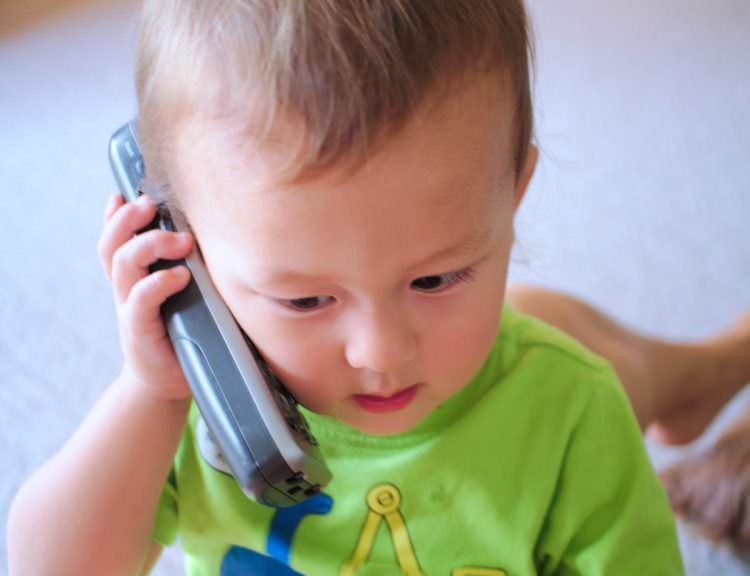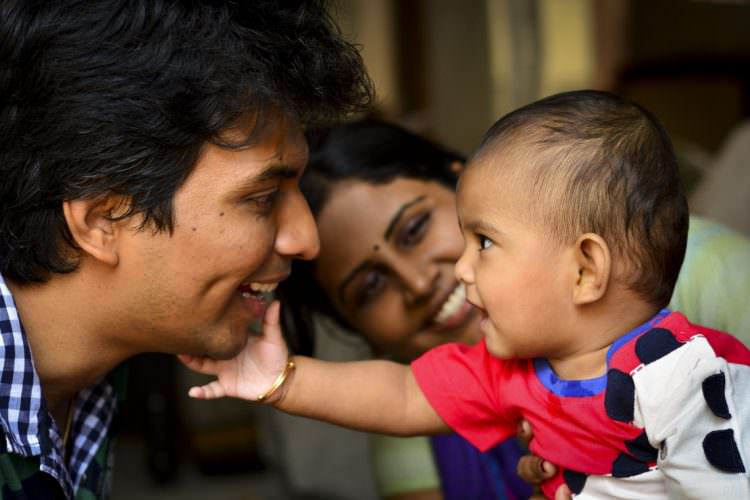Developing language skills is of absolute importance for young children’s success later in life both as social beings and in pursuing an education.

What is language?
I bet you feel no doubt when asked what the word Language means. Yet most people struggle to come up with a clear and concise definition. That is because language really is a lot of things! Let’s start with the obvious:
- Language is made up of words combined into sentences.
- Language is used for speaking, reading and writing.
- There are many different languages typically associated with different countries.
Still that doesn’t quite seem to cover the whole concept of language. For instance, the same word can be used to very different effect depending on tone of voice and even facial expressions while talking. Not all languages are spoken or written, take sign language as an example. More examples of how much languages can vary in nature include Braille, Programing Languages and Chinese Characters.
If you are interested in learning more about the science of what makes up the English language, head over to ASHA.org for the full brief on syntax, semantics, phonology etc.
For our purpose here though we will stick to a simple idea that language is the ability to communicate effectively.
We care mainly about the development of language in babies and toddlers, in our context communication covers everything from crying, to understanding yes and no (receptive language), to babbling and the emergence of speech (expressive language).
Read our guide on all the stages of language development

The benefits of healthy language development
Language is the foundation for all social interactions, having problems to communicate can cause frustration both for you as a parent, but more importantly for your child.
The development of language is strongly interdependent with, and supports, your child’s brain development and cognitive development. Studies have shown that having a large vocabulary increases creativity and helps people to come up with new ideas. There are also numerous benefits to learning more than one language!
In other words, the development of language cannot be viewed in isolation, but is strongly connected to, and hugely important for, your child’s overall development during the first years of life.
Promoting a learning friendly environment where you read age appropriate books, and find ways to play and have fun while teaching, will help accelerate your toddler’s language acquisition and start preparing him or her for school. It will also boost overall progress on other developmental milestones and help provide many more growth opportunities later in life.
Learn more about all the developmental milestones of babies and toddlers
The risks associated with delayed development
There are serious negative consequences of failing to learn how to communicate. Luckily the vast majority of people eventually succeed in acquiring both talking, reading and writing abilities. Even so, if your baby is showing signs of developmental delay or if your toddler is a late talker, simply adopting a wait and see attitude could prove to be a mistake.
Research on language and literacy have associated delayed development with:
- Academic difficulties
- Learning disabilities
- Shyness and social difficulties
- Anxiety disorder
- Behavioral problems and ADHD
If you are concerned that your child is not keeping up with typical development you should always seek professional help from a pediatrician.
How you can help your child develop superb language skills
So now you understand the importance of language development in early childhood, but then what? How can you apply this knowledge in a practical way to help your young one become a great speaker, a poet, or VP of Communications?
Glad you asked! Here at ADAM & Mila we are a community of parents, caregivers and teachers focused on finding great ways to engage our little ones in fun educational activities.
Did you know that you can start teaching your baby to talk even before he or she is born? Studies have shown that babies can recognize music and other sounds that they experience while in the mother’s womb.
Did you know that babies are born with the ability to clearly distinguish between words of all foreign languages? But that by 12 months old they have lost this ability as their brain has grown accustomed to focusing only on the language(s) that the baby is hearing daily.
Understanding how language develops can help you to choose the right targeted activates that promote and accelerate learning while matching your child’s current language skills.
Have a look at our collection of Language Development Activities





I enjoyed going through your website. I found it to be very informative and easy to read 🙂
Thanks Shelly! That is wonderful to hear.
Awesome clear points
wonderful
I enjoy your page,i learn alot
Could you tell me the name of the writer? I would like to cite some quotes in my writing task. Thanks in advance!
Hi Rosaline, that would be me, my name is Emil Hauch Jensen. Good luck with your task, and thanks for your interest in ADAM & Mila.
Very helpful and informative! 🙂
Thanks Ashley, glad you enjoyed it!
I really dont even know how to say Thank You, it has helped me a lot.
You just did, and you are very welcome 🙂
i found your website to be useful and easily understood
i enjoyed your website, thanks
Thanks Kabwali! Always glad to get feedback 🙂
thanks for this piece. i am going to use part of it in my research on media and childrens language development.
Good morning
I am asking for permission to share your articles with our parents at the nursery.
Barbara
Of course, go ahead!
thank you so much i learnt a lot
Thank you so much Dear Sir. …It really helped me. ..
Very helpful
Very nice information. Can someone cite this article in an academic paper? If so what is the citation?
You are welcome to cite this article, I would only caution that this is a parenting blog. The ideas and advice shared here should not considered professional advice, I am not a doctor of any sort.
I enjoyed your website, informative and easy to read. Keep up the great work!
Very interesting.